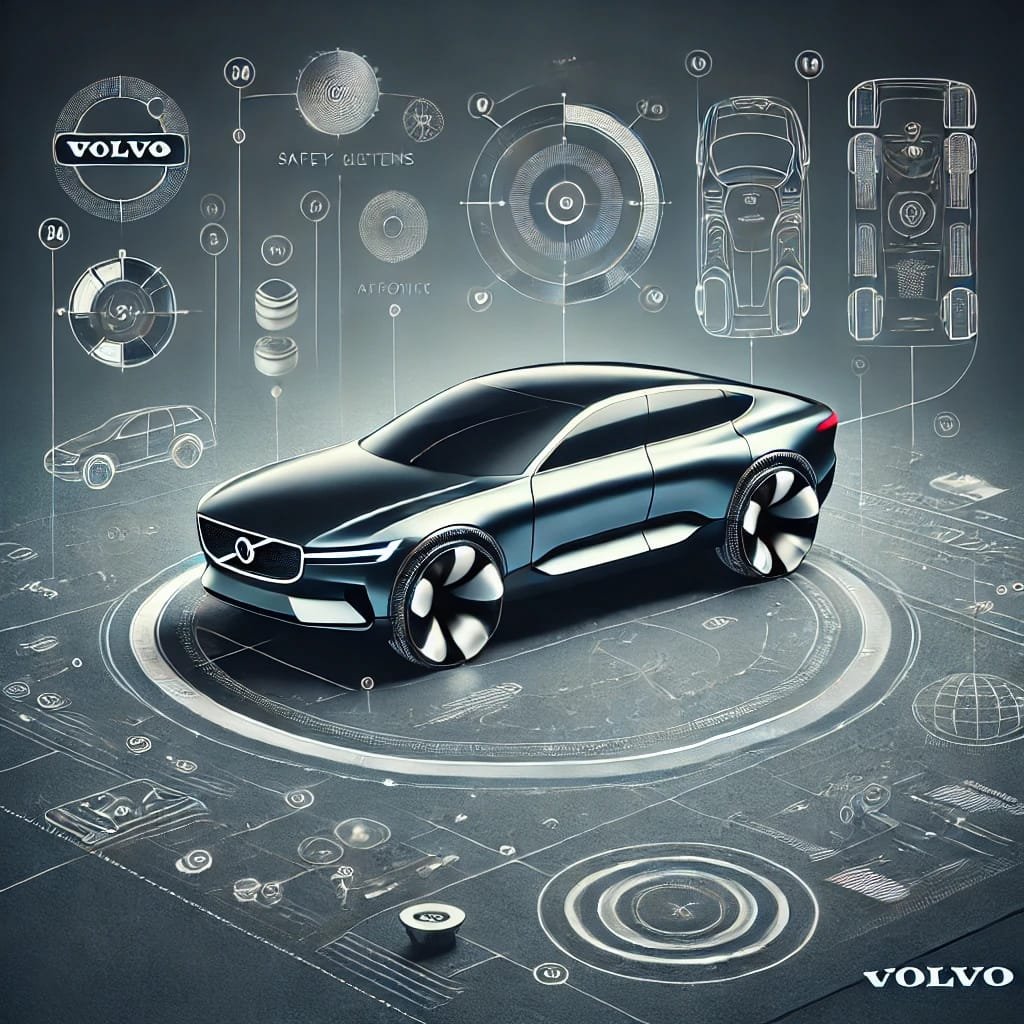
Choosing the right car for commuting is crucial for ensuring a comfortable, efficient, and enjoyable daily drive. Whether you’re facing long highway stretches or navigating through city traffic, the right vehicle can make a significant difference in your daily routine. To help you find the best car for your commute, consider the following factors:
Fuel Efficiency
Importance of Fuel Efficiency
Fuel efficiency is one of the most critical factors when selecting a car for commuting. A car with good fuel economy will save you money on gas and reduce your environmental footprint. Look for vehicles that offer high miles per gallon (MPG) ratings, especially if you have a long commute. Hybrids and electric vehicles (EVs) are particularly efficient options for those looking to minimize fuel costs.
Hybrid and Electric Options
Hybrid cars combine a gasoline engine with an electric motor, offering excellent fuel efficiency, particularly in stop-and-go traffic. If you’re environmentally conscious or want to save even more on fuel, consider an electric vehicle (EV). EVs produce zero emissions and are often cheaper to operate in the long run, although they require access to charging infrastructure.
Comfort and Interior Features
Seating Comfort
Since you’ll be spending a significant amount of time in your car, comfort is essential. Look for vehicles with adjustable, supportive seats, especially if you have a long commute. Features like lumbar support, heated seats, and memory settings can enhance comfort. Additionally, check the amount of legroom and headroom to ensure a spacious feel, especially if you’re taller.
Climate Control
A reliable climate control system is vital for staying comfortable in all weather conditions. Automatic climate control allows you to set a preferred temperature, and the system will maintain it without constant adjustments. Dual-zone or tri-zone climate control can be beneficial if you share your commute with passengers who have different temperature preferences.
Noise Levels
A quiet cabin makes a significant difference during commutes, especially if you drive on highways or busy city streets. Look for cars that offer good sound insulation to minimize road, wind, and engine noise. A quieter cabin allows you to enjoy conversations, listen to music, or simply relax during your drive.
Technology and Infotainment
Connectivity Features
Modern commuters often rely on technology to stay connected and entertained. Ensure the car you choose has features like Bluetooth connectivity, USB ports, and smartphone integration through Apple CarPlay or Android Auto. These features allow you to make hands-free calls, access navigation, and listen to your favorite music or podcasts while driving safely.
Infotainment System
A user-friendly infotainment system with a responsive touchscreen can make your commute more enjoyable. Look for systems that offer clear displays, intuitive controls, and voice command capabilities. Navigation systems with real-time traffic updates can help you avoid congestion and find the quickest routes.
Driver Assistance and Safety Features
Safety is paramount when selecting a commuter car. Look for vehicles equipped with advanced driver assistance systems (ADAS) such as:
– Adaptive Cruise Control: Maintains a set speed and distance from the car ahead, reducing the need for constant acceleration and braking in traffic.
– Lane Keeping Assist: Helps keep your vehicle centered in its lane, reducing the risk of unintentional lane departures.
– Automatic Emergency Braking (AEB): Detects potential collisions and applies the brakes if the driver does not react in time.
– Blind-Spot Monitoring: Alerts you when a vehicle is in your blind spot, making lane changes safer.
Reliability and Maintenance Costs
Proven Reliability
Reliability is crucial for a commuter car, as you need a vehicle that can handle daily use without frequent breakdowns. Research the reliability ratings of the models you’re considering. Brands like Toyota, Honda, and Subaru are often praised for their dependability. Reading owner reviews and checking reports from sources like Consumer Reports or J.D. Power can provide insight into the long-term reliability of a car.
Low Maintenance Costs
In addition to reliability, consider the cost of maintenance and repairs. Some vehicles are more expensive to maintain due to the cost of parts or specialized labor. Look for cars with a reputation for low maintenance costs, and consider purchasing a vehicle with a comprehensive warranty to cover any unexpected repairs.
Size and Maneuverability
Vehicle Size
The size of the vehicle is an important consideration, especially if you commute through congested city streets or need to navigate tight parking spaces. Compact and mid-sized cars are often easier to maneuver and park, making them ideal for urban commuting. However, if you need more space for passengers or cargo, a small SUV or crossover might be a better fit.
Maneuverability
Good maneuverability is essential for city driving, where you may need to make quick turns, fit into tight parking spots, or navigate through heavy traffic. Test drive the car to ensure it feels agile and responsive, with a turning radius that suits your driving environment.
Cargo Space
Storage Needs
While cargo space may not be a top priority for all commuters, it’s worth considering if you regularly carry items like work equipment, groceries, or sports gear. Even compact cars can offer surprising amounts of storage with features like fold-down rear seats, underfloor storage, and cleverly designed compartments.
Resale Value
Depreciation Rates
When choosing a commuter car, consider its long-term value. Some vehicles depreciate more slowly than others, meaning they retain more of their value over time. Brands with strong resale value, such as Honda, Toyota, and Subaru, can be a smart investment if you plan to sell or trade in your vehicle in the future.
Conclusion
Choosing the best car for commuting involves balancing comfort, efficiency, technology, and safety. By prioritizing fuel efficiency, interior comfort, and advanced safety features, you can find a vehicle that makes your daily drive more enjoyable and stress-free. Consider your specific commuting needs, test drive several models, and do your research to ensure you select a car that meets your expectations and enhances your daily routine.







